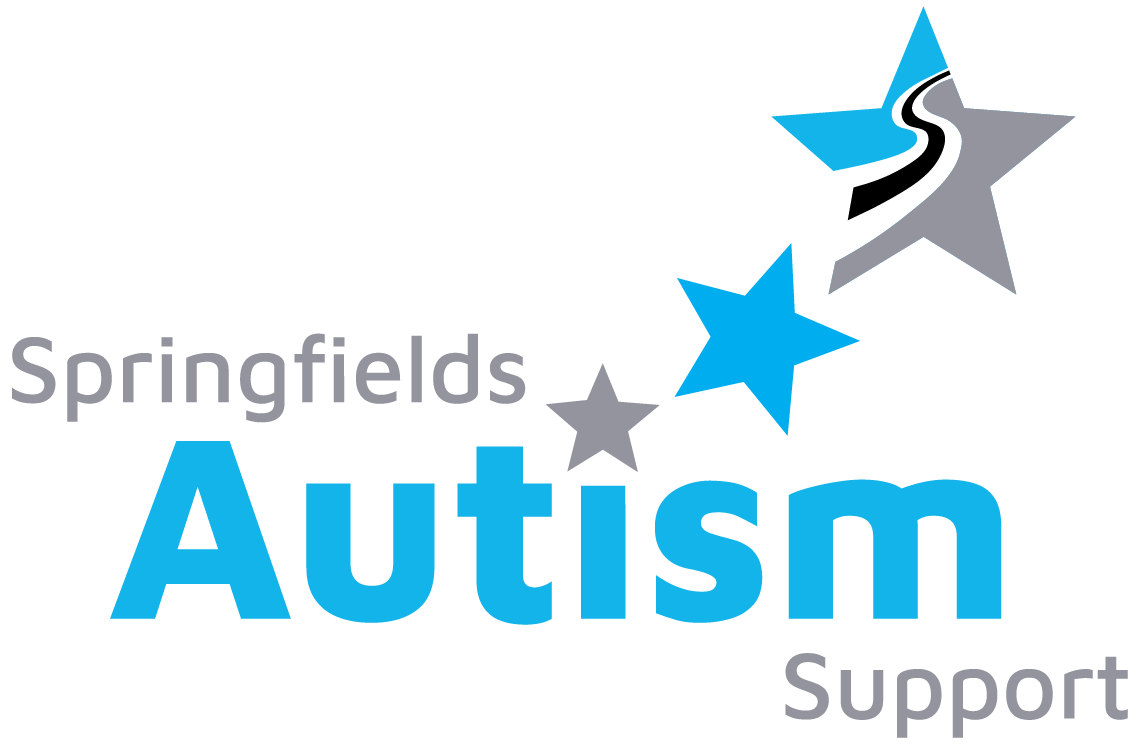Supporting Autism and Mental Health: Insights from Remie Colledge's A-Fest seminar
A-Fest 2025: A Festival Celebrating Autism and Autistic Individuals
During A-Fest 2025 at The Springfields Academy, I had the privilege of attending a seminar led by Remie Colledge on the intersection of autism and mental health. As an individual with lived experience in both areas, Remie provided valuable insights into the unique challenges faced by the autistic community and how these challenges often relate to mental health.
One of Remie’s key messages was the importance of curiosity in supporting autistic children and young people. Rather than making assumptions, we must take the time to understand their individual needs and experiences. This deeper understanding can help us provide better support for mental health and overall well-being within the autistic community.
While mental health difficulties are not inherently a byproduct of autism, there is a noticeable increase in mental health challenges among autistic individuals. This is largely due to unmet needs in a world that is not designed with autistic people in mind. Remie shared her personal experience of grappling with mental health difficulties before receiving her autism diagnosis. The lack of belonging or understanding contributed to significant mental health struggles, highlighting the importance of early recognition and support.
A vital point Remie emphasised, was the need for autistic individuals to engage in activities that foster their interests and promote self-care as tools for managing mental health. It’s crucial to acknowledge that autism itself is not a mental health condition, but rather a neurodivergence that may interact with various environmental and social factors, affecting mental well-being.
A key framework Remie shared was the Double Empathy Theory. This theory suggests that it is often expected for neurodivergent individuals to adapt their behaviors and communication to fit within neurotypical societal norms. However, for positive change to occur, both neurodivergent and neurotypical individuals must make mutual adaptations. This shift in perspective can lead to more inclusive environments and better support for mental health for everyone.
Research by 'Ambitious About Autism' reveals that approximately 80% (4 out of 5) of autistic individuals experience mental health difficulties, underscoring the importance of understanding and addressing these challenges. Factors contributing to poor mental health in the autistic community include masking, disabling environments, bullying, lack of support, sensory sensitivities, loneliness, isolation, trauma, stress, and anxiety.
One valuable resource Remie highlighted was 'Know the Norm', which can help increase awareness and understanding of the typical experiences of autistic individuals, further supporting their mental health needs.
In conclusion, supporting the mental health of autistic individuals requires empathy, understanding, and an ongoing commitment to creating a world that adapts to diverse needs. By fostering curiosity and embracing inclusivity, we can work together to ensure that the mental health challenges faced by autistic individuals are addressed with care and compassion.
Written by Jessica Coulson, SAS Autism Advisor and SEND Teacher
